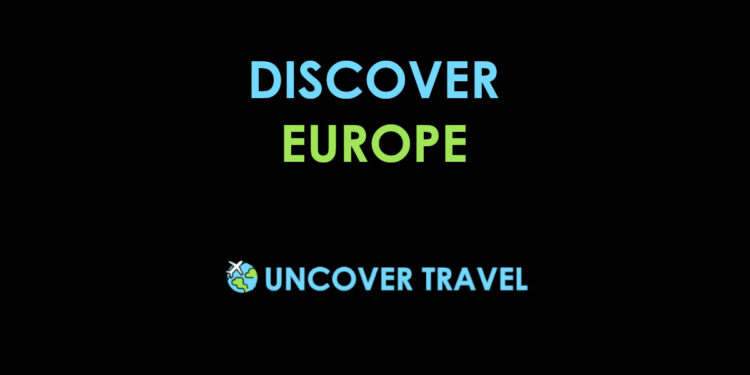Córdoba is a city in the south of Spain, within the province that takes the same name. The municipality is the third most populated within Andalucía and 11th in the country with a population of over 320,000 in 2018.
Known as Cordova in English, it was once the capital of Muslim Spain and played an important role in Andalusian history. At the height of its period of splendour, which lasted for over a century, Cordoba equalled Constantinople and Baghdad in wealth and power. It was famed for its libraries and scholars, as well as being home to 3,000 mosques.
The city was founded by the Romans who arrived in 169 BC and developed by Roman governor Claudius Marcelus. However, it was after the Moors conquered the city in 711 that it became one of the most remarkable in the world.
In the year 1000 BC the city collapsed – mosques were looted and destroyed, and the political structure broke down. Some 200 years later, the Christian era of Cordoba began and dozens of churches and monasteries were constructed as the city became a centre against the Muslim population.
Christopher Columbus lived in Cordoba for a period of time and it was here that made a bid to Queen Isabella and King Ferdinand in order to gain royal support for his intended expedition to the Indies.
Cordoba was designated a World Heritage City in 1984 and its Historic Center (a UNESCO World Heritage Site) is home to a unique blend of architectural styles.
SOURCES:
- Córdoba in Focus, Edilux.
- https://datacommons.org/place/wikidataId/Q5818?utm_medium=explore&mprop=count&popt=Person&hl=en
- https://www.cordoba24.info/english/html/geschichte.html
- http://www.infocordoba.com/spain/andalusia/cordoba/articles/christopher_columbus_isabella_ferdinand.htm
- https://whc.unesco.org/en/list/313/
- https://www.uco.es/internacional/extranjeros/en/cordoba-a-world-heritage-city




